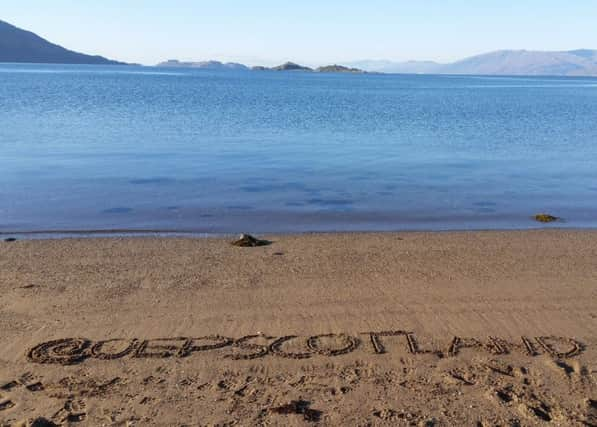Of course online learning is more effective with a spot of socialising


Who studies these courses? MOOCs have continued to attract large numbers of learners. However, MOOC participants tend to be people who already have degrees. As a result, it’s argued that rather than democratising education, the relatively privileged now have access to more choice while those who had little access are still left out.
But while MOOCs have dominated media discussion, other developments are taking place that warrant attention. Last year, an OFCOM report found that two out of every three adults in the UK owns a smartphone, double the proportion of three years earlier.
Advertisement
Hide AdAdvertisement
Hide AdWhile access to digital technology remains skewed by income and location, it is part of the lived experience of us all. Working with groups and individuals around Scotland, we’ve found that using Google and YouTube to find information and learn new skills is ubiquitous.
But this confidence in “everyday” self-directed learning – because that is what it is, even if it’s not always recognised as such – doesn’t necessarily map over to more formal study. It’s an issue of skills, but even more so it’s an issue of how individuals see the relationship between their own experience and formal study and qualifications. In the face of these changes – as people increasingly use online resources for informal learning – organisations that promote lifelong learning are now committed to the idea that digital participation and digital literacy skills are essential to playing a full part at home, in the workplace and in society in the 21st century.
The landscape of educational resources is changing. There is a rapidly increasing range of free online courses and resource materials available. These are often released under open licences, which allow reuse and modification. Edinburgh University’s Open.Ed, Glasgow Caledonian’s edshare@GCU and The Open University’s OpenLearn are examples of sites that showcase these materials.
As part of the Opening Educational Practices in Scotland (OEPS) project we’ve been working with learners, educational institutions, third sector organisations, unions and employers to explore how to make best use of these new materials. We’re worked in partnership to create new courses.
One of these is Understanding Parkinson’s, a short course produced with Parkinson’s UK and aimed at staff working in the care sector. The course involves just over 20 hours of study and allows learners to reflect on their experience as they learn. On completion of the course they receive a digital badge – a form of recognition for professional development adopted by a number of organisations in Scotland, including the Scottish Social Services Commission.
The course combines the deep practice-based knowledge of Parkinson’s UK with the expertise of the OEPS team in designing interactive educational material. The partnership involved learners and practitioners in the design and piloting of the course.
In the process we learned new ways of designing a course to let learners interact with colleagues and friends as they study.
Ask a friend what they think about learning online and they’ll often mention isolation and lack of social support. Based on our experience of working with partners like Parkinson’s UK, it’s time to change the way we look at online resources. Nowadays, the technology allows online material to be readable and accessible on a phone, tablet or computer. But technology is a means to an end, not the end itself. We learn through encountering new ideas and information, then trying them out in conversation, discussion and practice. In essence, we learn together. The future may be digital but if we want to make the best use of digital resources, the future of learning is social.
Pete Cannell is co-director of the Opening Educational Practices in Scotland project, www.oepscotland.org